Contents
An air compressor can last a long time if it is maintained properly and runs at its full potential. If your equipment is not repaired when needed, you may end up purchasing another one instead of increasing the efficiency and utilization of the one you currently own.
An operational error or mechanical malfunction can be life-threatening to operators and cause serious damage to the compressor and the facility. Plant personnel must be able to identify possible issues and take appropriate action before a disastrous failure occurs.
A rotary screw compressor is a durable machine capable of lasting for a long time if properly maintained. However, your compressor may need to be repaired or replaced at some point. This article will look at a few signs that your rotary screw compressor needs repair or replacement.
When to Fix the problems
When to Fix the problems
Following are some conditions that require a fix rather than a replacement:
| Problem | How to fix |
|---|---|
| Improper installation | If the air compressor was not properly installed, it might not be running at its full potential. In turn, the compressor might become inefficient and have a shorter lifespan. A qualified technician should always install rotary screw compressors. |
| Low refrigerant charge | A low refrigerant charge can cause the compressor to overheat and fail. Rotary screw compressors use refrigerant to cool the compression process. Otherwise, the compressor will overheat and fail to work. |
| Dirty filters | The filters on a rotary screw compressor must be properly cleaned. If they are not kept clean, they can decrease the efficiency of the compressor and cause it to overheat. |
| Incorrect oil | Rotary screw compressors require a specific type of oil to run properly. If the wrong type of oil is used, the compressor will not run correctly and may overheat. |
| Loose belts | Rotary screw compressors have several belts that connect the motor to the compressor. If these belts are loose, the compressor will not run correctly and may overheat. |
| Low voltage | If the voltage to the air compressor is too low, it will not run correctly and may overheat. |
| Minor leaks | These can often be repaired with a sealant or by tightening bolts. |
| Loose electrical connections | These can be tightened or repaired. |
| Poor performance | This may be due to the lack of proper maintenance, such as cleaning the air filters. |
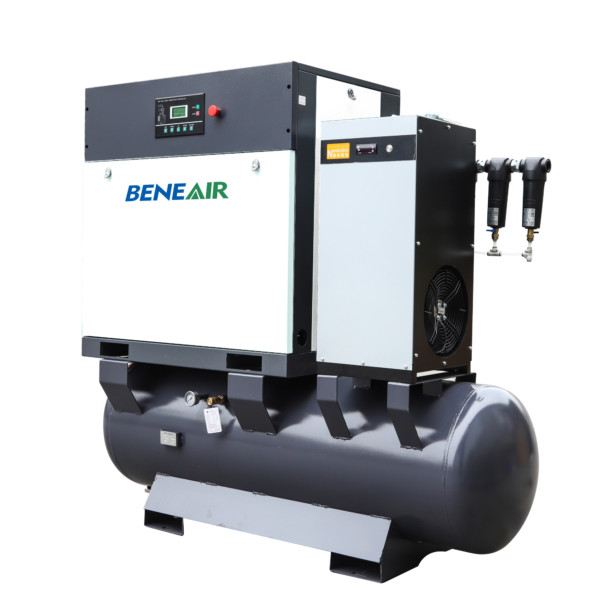
When to Replace the Compressor
When to Replace the Compressor
Following are some conditions that indicate replacement is a better option than repair
| Problems | Details |
|---|---|
| Worn cylinders | Compressor cylinders should be replaced if they are worn or leaking. Rotating elements such as lobes, gears, and babbitts can also significantly impact compressor performance and life expectancy. |
| Leaking head gasket | This requires that the head be removed from the compressor to allow access to replace a worn gasket. Repairing a leaky head gasket will result in high repair costs and is often more cost-effective than repair since new compressors have become much more affordable. |
| Cracked crankcase | Another sign of wear from age, a cracked crankcase happens when oil travels past seals and leaks into areas where it is not designed to go. In these cases, replacement with a new compressor is the best option. |
| Damage from a fire or explosion | In cases of severe damage, the entire compressor may need to be replaced. |
| Major leaks | It is essential to shut down the compressor with major leaks until the cause of leakage has been identified and repaired/replaced. |
| Compressor too difficult to start |
If frequent starting problems occur, they may be indicative of more serious issues with the compression system. |
| Burned valves or cylinders | When repairs reach a certain point, it makes more sense to replace rather than repair an air compressor. For instance, if the cylinder head is worn out or needs to be resurfaced, it may make better sense to replace the entire compressor rather than go through the time and expense of extensive repairs. |
Some Troubleshooting Ideas
Some Troubleshooting Ideas
- If the compressor is too large for your application, it may be operating inefficiently and will not last as long as one that fits your needs.
- Rotary screw compressors operate most efficiently when they are running at their rated speed, so anything less than full load should be avoided if possible to keep the motor from wearing prematurely.
- Rotary screw compressors typically need to run longer than other types because of their slow air delivery rate; however, it is best to run them in short bursts if possible since they only reach maximum efficiency within a certain range of RPMs (typically 2400-2800 RPM). Shortening the time they are operated at this speed reduces wear on many components, including bearings, valves, cylinders, and the motor.
- If the compressor has been in use for an extended period, it may be due to dirty air filters, a lack of lubrication, or other issues that can be corrected through regular maintenance.
- Improper installation can also lead to early failure of rotary screw compressors, so it is important to have them installed by someone who is familiar with their operation and the specific needs of your plant.
- A compressor’s life expectancy can also be affected by the ambient temperature and humidity where it is used, so these factors should be considered when selecting a unit.
- Rotary screw compressors are typically more expensive than other types, but they offer many benefits that make them a good investment, including high efficiency, low maintenance costs, long service life, and slow air delivery.
The decision to repair or replace an air compressor is not always easy, but it is important to weigh the options carefully to make sure you get the most value for your money. By understanding the factors that can affect compressor life expectancy, you can make a more informed decision about what is best for your business.


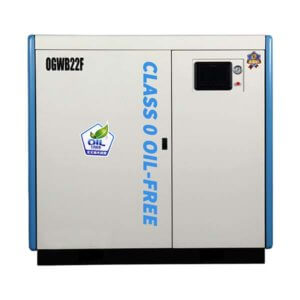
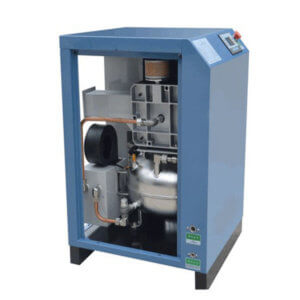
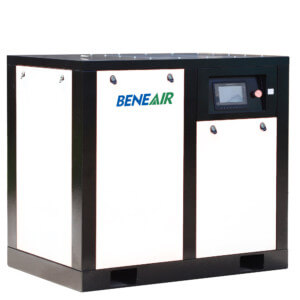





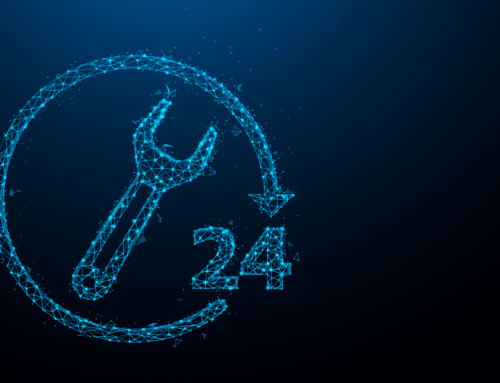
Leave A Comment